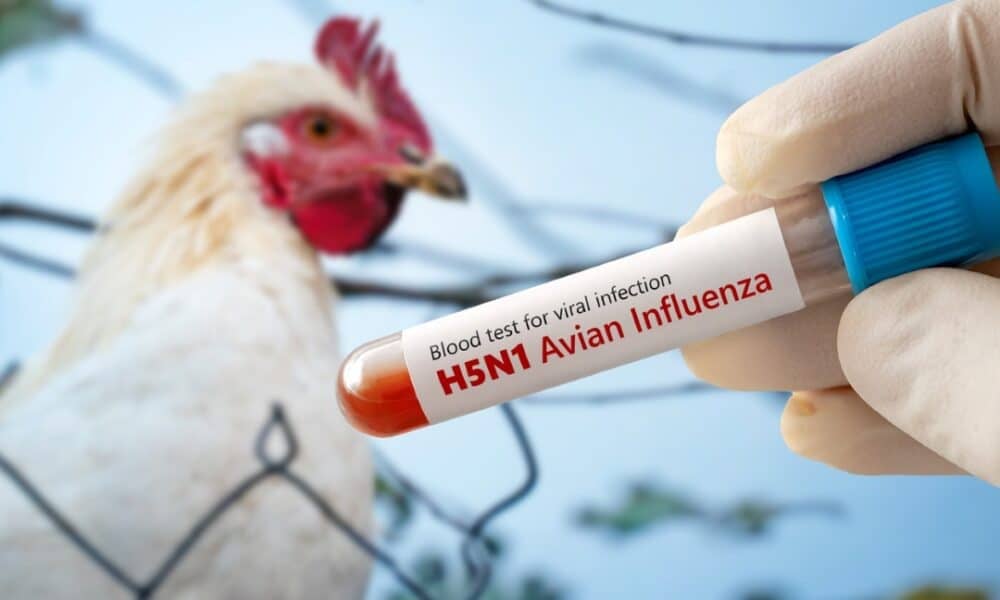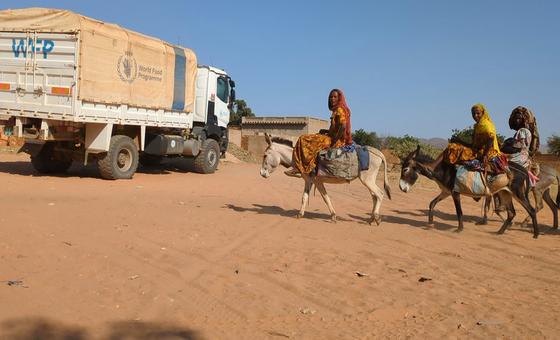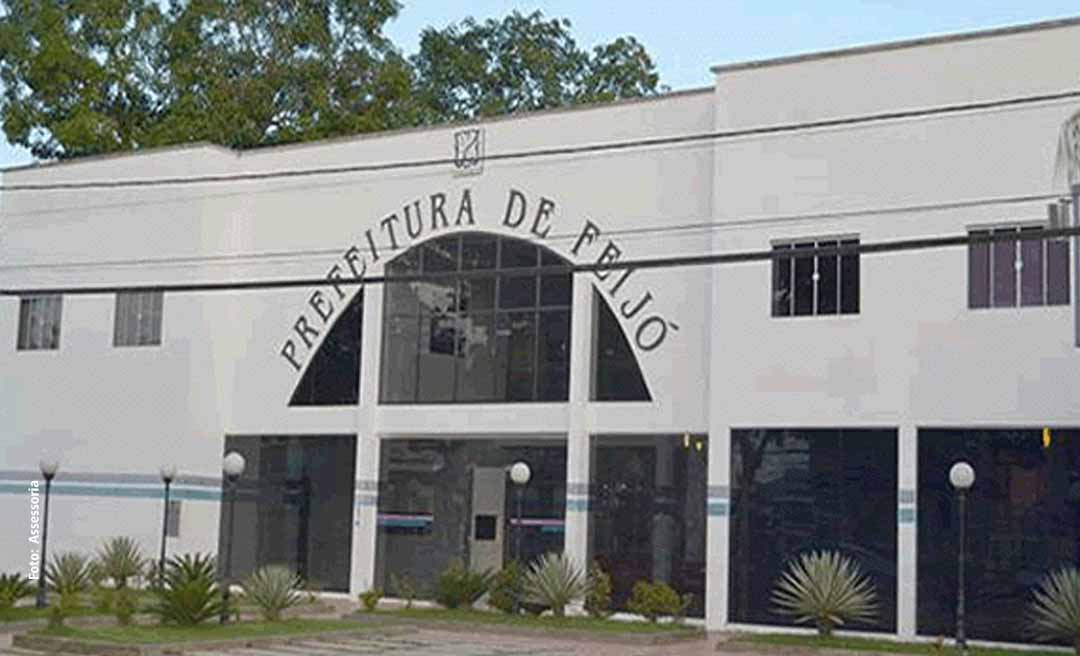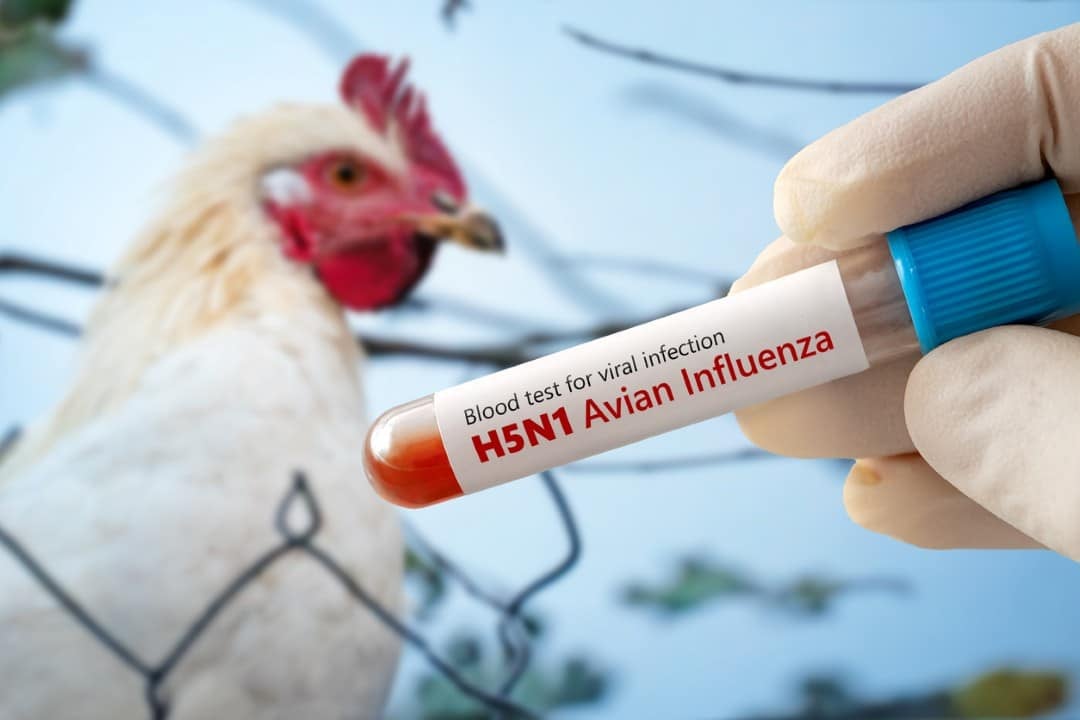
The detection of a bird flu case in a commercial farm in Brazil triggered an immediate response in the international market. Located in Montenegro, Rio Grande do Sul, the disease outbreak was confirmed by the Ministry of Agriculture on the morning of May 16, 2025. China, one of the main destinations for Brazilian chicken exports, announced a 60-day suspension of imports. The measure reflects the Asian country’s caution amid avian influenza outbreaks.
The impact of China’s decision reverberates across the entire Brazilian poultry production chain. Brazil, the world’s largest chicken exporter, shipped about US$ 10 billion in poultry products abroad in 2024, with China accounting for a significant share of that total. The temporary suspension may lead to economic losses and pressure local producers to seek new markets.
- Key points of the case:
- First outbreak of highly pathogenic avian influenza in a commercial farm in Brazil.
- Suspension of chicken exports to China for 60 days, starting May 16.
- Containment measures include area isolation and culling of birds in Montenegro.
- Chicken and egg consumption remains safe, according to the Ministry of Agriculture.
The outbreak news raised concerns in the poultry sector, but authorities emphasize there is no risk to consumers. The investigation now focuses on a 10-km radius around the affected farm to identify potential additional cases and contain the virus’s spread.
Poultry sector reactions
China’s suspension announcement caught the Brazilian poultry sector off guard. Representatives from associations like the Brazilian Animal Protein Association (ABPA) expressed concern about the economic impacts of the measure. In 2024, Brazil exported over 5 million tons of chicken, with China being the second-largest buyer, behind only Saudi Arabia. The suspension, even if temporary, could disrupt existing contracts and lead to stock accumulation.
The ABPA stated it is in talks with the federal government to expedite negotiations with China and minimize losses. Additionally, the sector is seeking to diversify export destinations, targeting markets like Mexico and India, which have shown growing demand for animal protein.
- Immediate sector actions:
- Emergency meetings with the Ministry of Agriculture to devise strategies.
- Strengthened biosecurity protocols in farms.
- Pursuit of new markets to offset the Chinese suspension.
Despite the challenging scenario, experts highlight Brazil’s long history of effectively controlling poultry diseases. The swift response to the Montenegro detection, with area isolation and bird culling, was cited as a sign of the country’s preparedness to handle the outbreak.
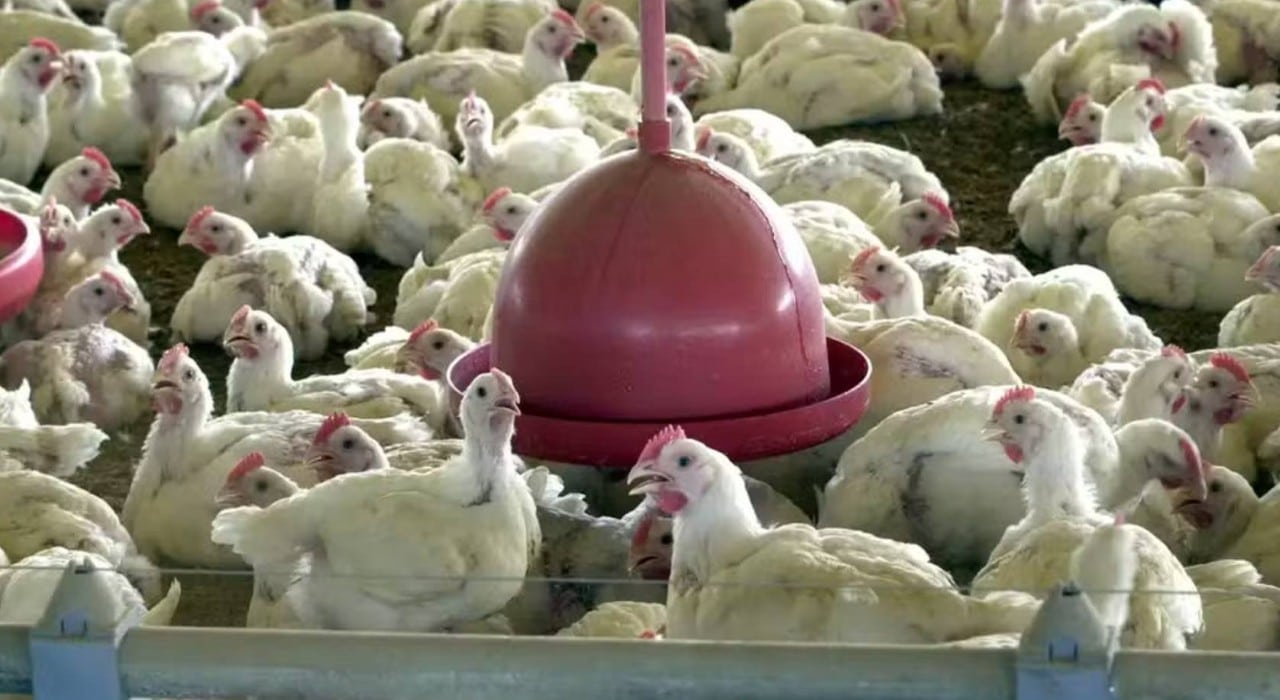
Bird flu history in Brazil
Until now, avian influenza cases in Brazil were limited to wild birds. Since 2023, the country recorded outbreaks in regions like the São Paulo and Santa Catarina coasts, but none in commercial farms. The Montenegro case marks a new chapter in the fight against the disease, which has been circulating globally since 2006, with higher incidence in Asia and Europe.
The highly pathogenic avian influenza (HPAI) virus is known for its rapid spread among birds. In farms, high population density facilitates transmission, requiring drastic measures like culling and facility disinfection. In Montenegro, authorities acted quickly to contain the outbreak, but the 10-km radius investigation continues to assess the issue’s scope.
The Rio Grande do Sul Agriculture Secretariat intensified surveillance in poultry farms in the region. Technical teams are collecting samples and monitoring disease signs in birds, while producers were instructed to adopt strict biosecurity measures.
Containment measures in Montenegro
The Montenegro farm was immediately isolated after the case confirmation. All birds at the site were culled, and the facilities are undergoing disinfection. The surrounding area was declared a restricted zone, with strict control over the movement of people, vehicles, and products.
The Ministry of Agriculture emphasized that early detection was crucial to preventing the virus’s spread. Laboratory tests identified the H5N1 subtype, widely known for its high pathogenicity in birds. Despite the risk to poultry farming, the government reiterated there is no evidence of virus transmission to humans through meat or egg consumption.
- Adopted protocols:
- Culling of all birds at the affected farm.
- Full disinfection of facilities.
- Movement restrictions within a 10-km radius.
- Sample collection from nearby farms.
- Guidance to producers to enhance biosecurity.
The experience of other countries, like the United States, which faced bird flu outbreaks in 2024, informed Brazil’s actions. Collaboration with international organizations, such as the World Organisation for Animal Health (OIE), is also being strengthened to ensure measures align with global standards.
Economic scenario of exports
Brazil has solidified its position as the global leader in chicken exports, surpassing competitors like the United States and Thailand. In 2024, the country accounted for about 40% of the global chicken trade, with China importing over 600,000 tons of Brazilian product. The 60-day import suspension represents a significant setback, especially for major companies like BRF and JBS, which have a strong presence in the Chinese market.
The suspension may increase storage costs and force price reductions in other markets, affecting the sector’s profitability. Small and medium-sized producers, reliant on shorter distribution chains, may also face challenges. The federal government has signaled it will seek agreements to resume exports as soon as possible, but the final decision rests with Chinese authorities.
Sanitary surveillance in Rio Grande do Sul
Rio Grande do Sul, Brazil’s largest chicken producer, accounts for about 20% of national poultry production. The region has a history of strict sanitary standards, but the Montenegro case exposed the sector’s vulnerability to emerging diseases. The state Agriculture Secretariat expanded farm inspections and established a crisis committee to coordinate virus control efforts.
Producers in the region were instructed to monitor symptoms in birds, such as respiratory issues and reduced egg production. Additionally, the transport of birds and poultry products within the state is being controlled to prevent virus spread. Results from analyses of other farms are expected in the coming days.
- Surveillance measures:
- Intensified inspections in Rio Grande do Sul farms.
- Monitoring of bird symptoms.
- Control of poultry product transport.
- Creation of a state crisis committee.
The local population was also informed about the safety of chicken consumption. Educational campaigns are being planned to clarify that bird flu poses no food safety risk but requires caution in handling live birds.
Trade relations with China
China is a strategic partner for Brazilian agribusiness, not only in poultry but also in sectors like soybeans and beef. The chicken import suspension reflects the country’s stringent biosecurity policies, especially after animal disease outbreaks in other nations. In 2024, China had temporarily restricted Brazilian chicken purchases due to a Newcastle disease case, but negotiations allowed partial export resumption.
This time, the Brazilian government is mobilizing diplomatic teams to engage with Chinese authorities. The goal is to demonstrate that the Montenegro case is isolated and that Brazil maintains high sanitary control standards. The experience of other countries, like Thailand, which faced similar restrictions, shows that export resumption depends on rigorous audits and reliable data presentation.
Public health risks
Although highly pathogenic avian influenza is lethal to birds, the risk to humans is considered low. Human transmission cases are rare and typically occur in individuals working directly with infected birds, such as handlers and veterinarians. In Brazil, there are no records of human H5N1 infections, and the Ministry of Health is monitoring the situation in Montenegro.
The World Health Organization (WHO) recommends measures like using personal protective equipment (PPE) by poultry workers and frequent facility sanitization. In Rio Grande do Sul, professionals who worked at the affected farm are being monitored by health teams.
- Recommended precautions:
- Use of PPE by handlers and veterinarians.
- Facility sanitization.
- Monitoring of exposed workers.
- Clear communication about the safety of meat and egg consumption.
The low transmission probability does not eliminate the need for vigilance. Countries like the United States and Mexico, which faced recent outbreaks, emphasized the importance of preventive measures to protect both animal and human health.
Alternatives for the poultry sector
With the suspension of exports to China, Brazil is seeking alternatives to absorb surplus production. Markets like Japan, which already imports significant amounts of Brazilian chicken, may increase purchases. Additionally, Middle Eastern countries, such as the United Arab Emirates, have shown interest in halal-certified poultry products.
Domestically, chicken consumption remains stable, but the additional supply may pressure prices in the local market. Major meatpackers are evaluating strategies like promotions and partnerships with retail chains to avoid losses. Market diversification and investment in higher-value products, such as specialty cuts and processed foods, are also under consideration.
Biosecurity advances
The Montenegro case underscored the importance of biosecurity investments. In recent years, Brazil implemented training programs for producers and modernized farm monitoring systems. Technologies like temperature sensors and controlled ventilation systems help reduce disease risks.
The Ministry of Agriculture announced it will expand funding for avian influenza research, including vaccine development for birds. Although vaccination is not widely used in Brazil, countries like China and Mexico have adopted this strategy in high-risk areas. The decision to implement vaccines will require detailed studies to assess economic and sanitary feasibility.
- Biosecurity innovations:
- Ongoing producer training.
- Use of farm monitoring technologies.
- Investment in vaccine research.
- Partnerships with international institutions for knowledge exchange.
Strengthening these measures is seen as essential to maintaining Brazil’s competitiveness in the global chicken market. Importers’ confidence depends on the country’s ability to demonstrate rigorous animal disease control.

